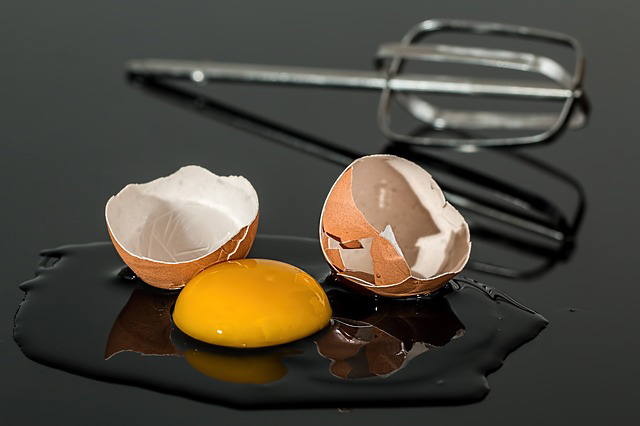>July Events / Events in Norfolk and Suffolk / Health & Wellbeing / Tourist Attractions Norfolk and Suffolk July 18, 2019
Cholesterol: Your Doctor Will Never Tell You This
Author: Alan Rada
What if I tell you Cholesterol is not what you think or what your doctor explained to you about it?
It can be a big lie of pharmacological medicine and the medical industry – like many others – that only seek to increase their sales.
Today we will tell you what cholesterol really is, in addition to the very important general aspects, the types of cholesterol that exist and how to take care of some diseases related to fat.
The truth is that you do not need any pill or medication – that is not specific to – to treat conditions such as obesity, heart attacks due to arteriosclerosis.
Nowadays, there are many myths or just lies about the functions that cholesterol meets in the body. Many times, it may seem to be a disease that can be controlled with pills or other substances, promising to cleanse our body and restore vitality.
Let’s see what cholesterol really is and how we can use it to our advantage since we cannot get rid of the fat that our cells naturally produce or use.
What is Cholesterol?
The definition tells us that cholesterol is a viscous and waxy substance very similar to fat and can be found in all the cells of our body. At the same time, our body produces the cholesterol necessary to fulfill certain functions.
Our body needs cholesterol to produce vitamin D, hormones and other substances that help the liver digest food. Note that cholesterol can also be found in foods of animal origin such as meat, egg yolk, cheese, etc.
Types of Cholesterol
Many times, you have heard about good cholesterol, bad cholesterol, and very-low-density lipoprotein. Let’s see what function each of these fulfills.
· HDL (High-Density Lipoprotein): Also called “good cholesterol”, transports cholesterol from all parts of the body to the liver and then remove it from the body.
· LDL (Low-Density Lipoprotein): Or “bad cholesterol”. When we exceed the limits of this lipoprotein, we run the risk that, along with other substances transported in the same way, form plaques in the arteries that obstruct the circulation of the blood, since it contains high levels of cholesterol.
· VLDL (Very Low-Density Lipoprotein): This type of lipoprotein is produced in the liver with the function of transporting a greater quantity of triglycerides to the whole body. Also at risk of having a stroke or heart attack due to arteriosclerosis.
Main components of the three major lipoproteins
| Components | HDL | LDL | VLDL |
| Total lipid (wt%) | 44% | 80% | 91% |
| Triacylglycerols | 6% | 10% | 55% |
| Cholesterol esters | 40% | 50% | 18% |
| Cholesterol | 7% | 11% | 7% |
In short, the LDL molecule transports fat from food and liver to our cells. HDL transports fat from our cells to our liver that process and convert into bile, and then discarded it by the body through the intestine.
Ways to Take Care of Cholesterol
What we are trying to say is that this type of molecules plays an important role in our organism. As all excess is bad and can be transformed into diseases that could cause us much damage.
You can take athletes as an example. Football players, swimmers, runners, and others know how to take care of cholesterol with a good diet, exercise and good hours of rest for a better recovery. Still, you don’t need to be an Olympic medalist or the NFL MVP of 2019: just jogging or cycling often helps to make you healthier.
When a doctor prescribes a pill to treat cholesterol that medication will only have the function of treating cholesterol in the blood, but not in the liver, which is where we have to focus.
The problem of fat, triglycerides or high bilirubin, has to do with the liver, not with taking pills to lower cholesterol or lose weight.
To lower cholesterol levels, you may consider four basic methods:
- Eat a healthy diet
- Reduce stress
- Exercise regularly
- Give up smoking
Now that you know a little more about cholesterol, keep in mind the importance of taking care of the liver since there is where the substances in our body are metabolized.
Take care and clean your liver and you will have a healthier life.









